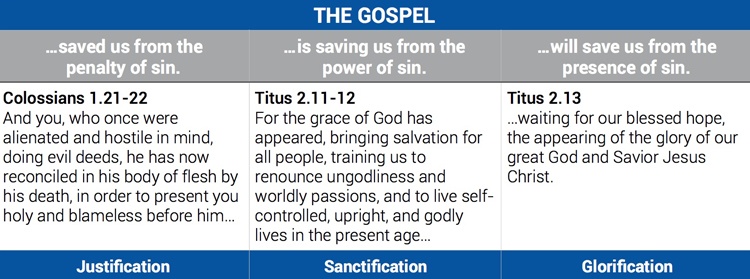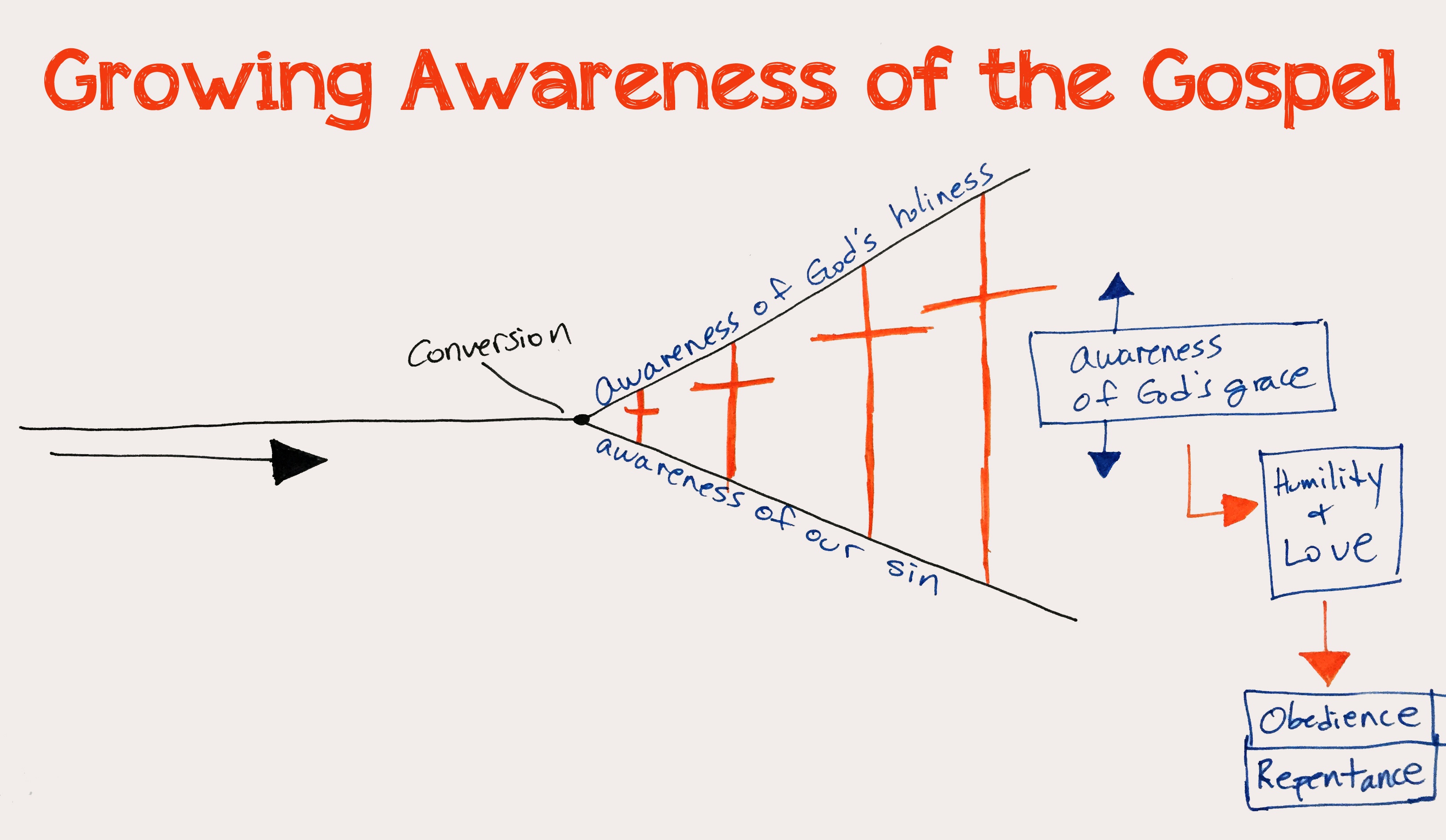This is part 5 in a series describing Missional Communities at Remedy.
The Gospel in Missional Communities
How do we reach the ones who won’t come? This is an increasingly relevant question as the cultural landscape changes in America. Another massively relevant question is, “How will we most effectively disciple those who do come?” How will we help them grow into fully-devoted, maturing, spiritually healthy people who follow Jesus with every part of their lives?
To all of these questions, we’ve said our answer is Missional Community. Read that carefully–Missional Community is not the end, it is a vehicle. Missional Communities are a means to the end of fully-formed followers of Jesus. If we are going to extend the gospel to those who will not come to our gatherings (no matter how excellent or relevant they are), and if we are going to do a much better job of forming people in the image of Christ, we will need another paradigm, a change in lifestyle, and a model that helps us integrate that into our forms of church. We need a catalyst: Missional Community.
A Gospel Foundation
Our simple definition of a Missional Community is a spiritual family on mission together. (For more on that, read our previous post.) Within that understanding, there are at least three things that must be present in any healthy Missional Community: a gospel foundation, family rhythms, and intentional mission.
So, what do we mean by a gospel foundation? We mean that a Missional Community is not built around friendships, life stage, meals together, common interests, service, or even Bible study. While these may be present, the thing that drives us, centers us, and informs all we do, is the gospel message. We are connected to each other because of it. We counsel and address sin with it. We encourage each other through it. We worship because of it.
The Full Good News of the Gospel
The gospel is the good news that, in Jesus, God has reconciled us to himself (2 Cor. 5.18), and in doing so has reconciled us to each other (Eph. 2.16). We are community only because Jesus has made us that way, and our primary orientation in the community is toward him (Eph. 2.20).
God has, in his grace, rescued us through faith in Jesus and repentance from sin, setting us free from sin and shame (Rom. 8.1-2), giving us a new identity (Rom. 8.14-17), and freeing us to obey out of love, devotion, and joy (Jn. 14.15). Everything he is presently doing is to restore us and make us new, and one day he will perfectly restore all things in Jesus.
Rather than understanding the gospel as simply what saves us from hell (justification), we see the gospel with past, present, and future implications. You can think of it like this…

God sent Jesus to pay the penalty of our sin, setting us free from that debt, and giving us righteousness of Jesus (justification). This immediately gives us standing with God and a new identity as his sons and daughters.
Because of Jesus’ death and resurrection, he has broken the power sin and death had over us. Through the work of the Spirit, and as we grow in our faith in him, God is training us how to live free of sin and in his victory and joy. In all of this, God is molding us more and more into the image of Jesus (sanctification).
Finally, there is a day coming when death will be no more, and there will be no more crying or pain or loss for those who are in Jesus. He will come as the visible, conquering, reigning King and will set all things right, restoring creation to its perfect state, and we will live in his presence for the rest of eternity (glorification).
All of this–justification, sanctification, and glorification–is the gospel. So, much more than “the gospel saves us from hell” and then we move on to deeper truths, the gospel message is what initially saves us, and it is what moves us on to deeper things. Believing, rebelieving, and acting in accordance with the truth of the gospel is what changes us.
Accordingly, the gospel informs all of our living, teaching, correcting, training, and conversation, and as we more profoundly understand the gospel and its effects, we gladly bring our lives more into obedience to Jesus.
Applying the Gospel to All of Life
Spiritual growth and maturity come from an increasing understanding of the gospel and its implications for all of life, as observed through Scripture.

We do not grow by knowledge, working harder, going to church, sharing our faith, or even being in a Missional Community. While all of those things have their place, they only lead to spiritual growth and maturity as they point us toward the kindness and grace of God toward our sin in Jesus (Rom. 2.4). Growing awareness of the gospel in our lives humbles us, growing our love for Jesus, and love gives birth to obedience. So we learn why and how to obey as we more deeply understand and experience the gospel.
All Rests on the Gospel
The gospel makes us a community, the gospel gives us a mission, and the gospel grows us in spiritual maturity. All that we aspire to do and be in Missional Communities rests on a solid foundation of the gospel. Without it anything we do takes us away from our purpose and our identity. For any Missional Community to be healthy, it must rest on a gospel foundation.
Comments